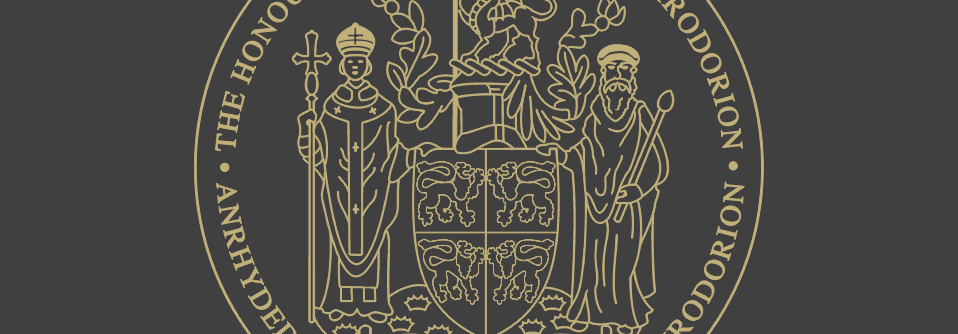The Authorship of Drych Cydwybod [?1616]

In 2009, in the Transactions, I described the discovery, in the Mazarine Library in Paris, of a unique copy of an early seventeenth-century Welsh book called Drych Cydwybod (A Mirror of Conscience). The book is anonymous and undated and all that could be discovered from the book itself was that it seemed to have been printed in Douai and that the copy now in the Mazarine had originally belonged to Robert Owen, a Welsh priest from Plas Du, Caernarvonshire, who had been a canon in Le Mans and is recorded as having died there, a very old man, in November 1629.1 It is now possible to suggest, in a tentative way, the identity of the original text from which Drych Cydwybod was translated or adapted into Welsh and, more excitingly, the identity of the Welsh author.
The obscurity of the original work from which Drych Cydwybod is derived is mainly due to two factors. First of all the Welsh text appears to be more in the way of an adaptation than a translation and this is quite unusual in a genre where textual fidelity is an important element in the dissemination of doctrinal truth. Printing itself was recognised as a process in which error could be introduced and disseminated, which is why Pope Leo X (r. 1513–21) introduced a licensing system for printed books, announced in 1515.2 So the free adaptation of the source text of Drych Cydwybod is perhaps surprising but it was, nevertheless, printed with diocesan approval, as indicated by the licensing phrase ‘Permissu Superiorum’ on the title page. This approval must be presumed to have been granted to a person of good standing who was in a position to apply for it and to vouch for the contents of a book which could not be read by the local ecclesiastical authorities. This strongly suggests Robert Owen, who owned the only surviving copy of the book, had personal connections with the college in Douai, the town where it was probably printed, and held a diocesan position in France as assistant to the politically powerful Bishop of Le Mans, Claude d’Angennes.3 The other thing which obscured the source text is that the title of the Welsh book is descriptive of its contents but it is not a translation of the title of the book on which it seems to be based. The title page material in the Welsh book appears to be original so it may have been supplied, together with the prefaces and other introductory matter which make up the whole of the first gathering, by the person who saw it through the press in France. But this meant that an extensive search for the source text in books whose titles contained the words ‘speculum’ or ‘mirror’ or ‘conscience’ proved fruitless.
